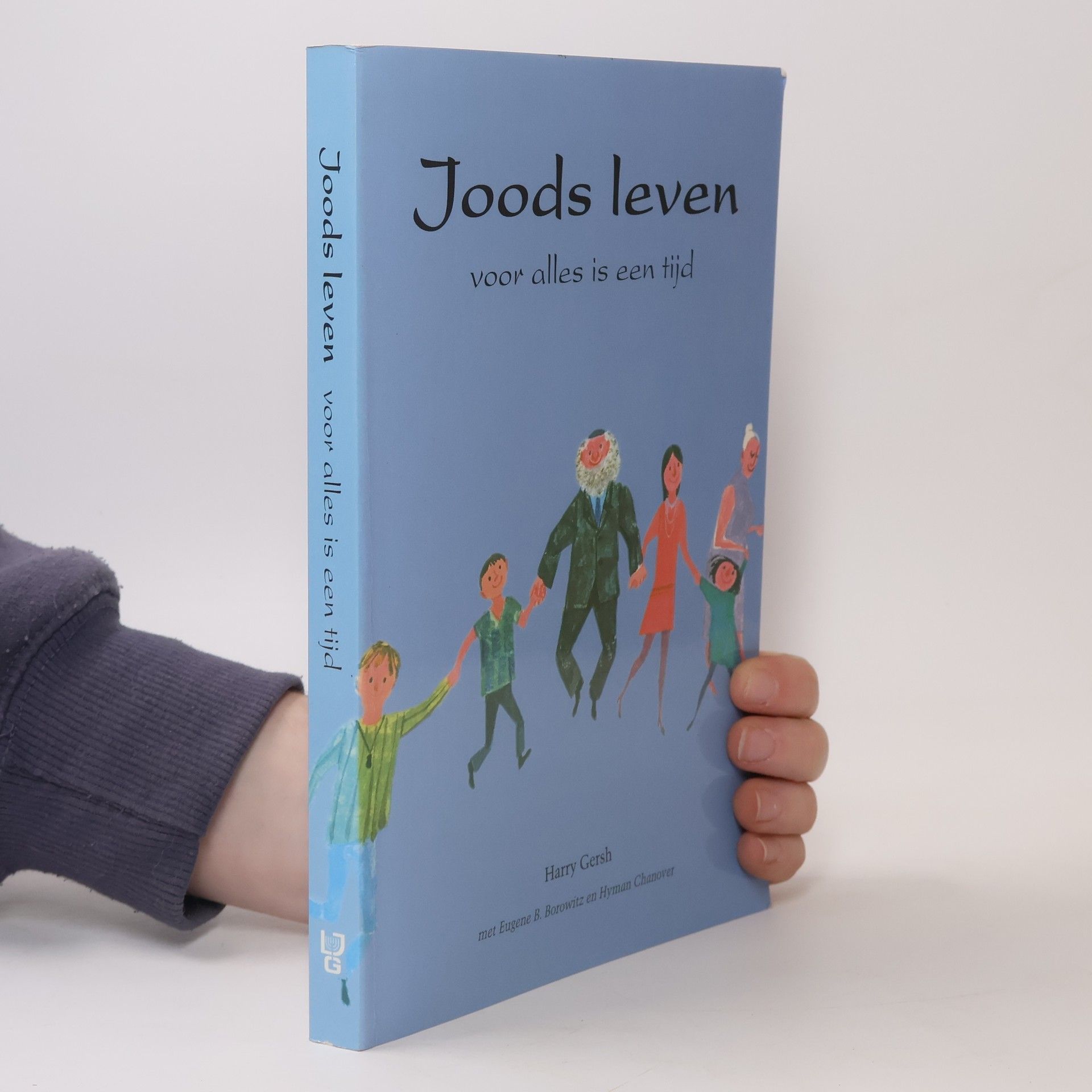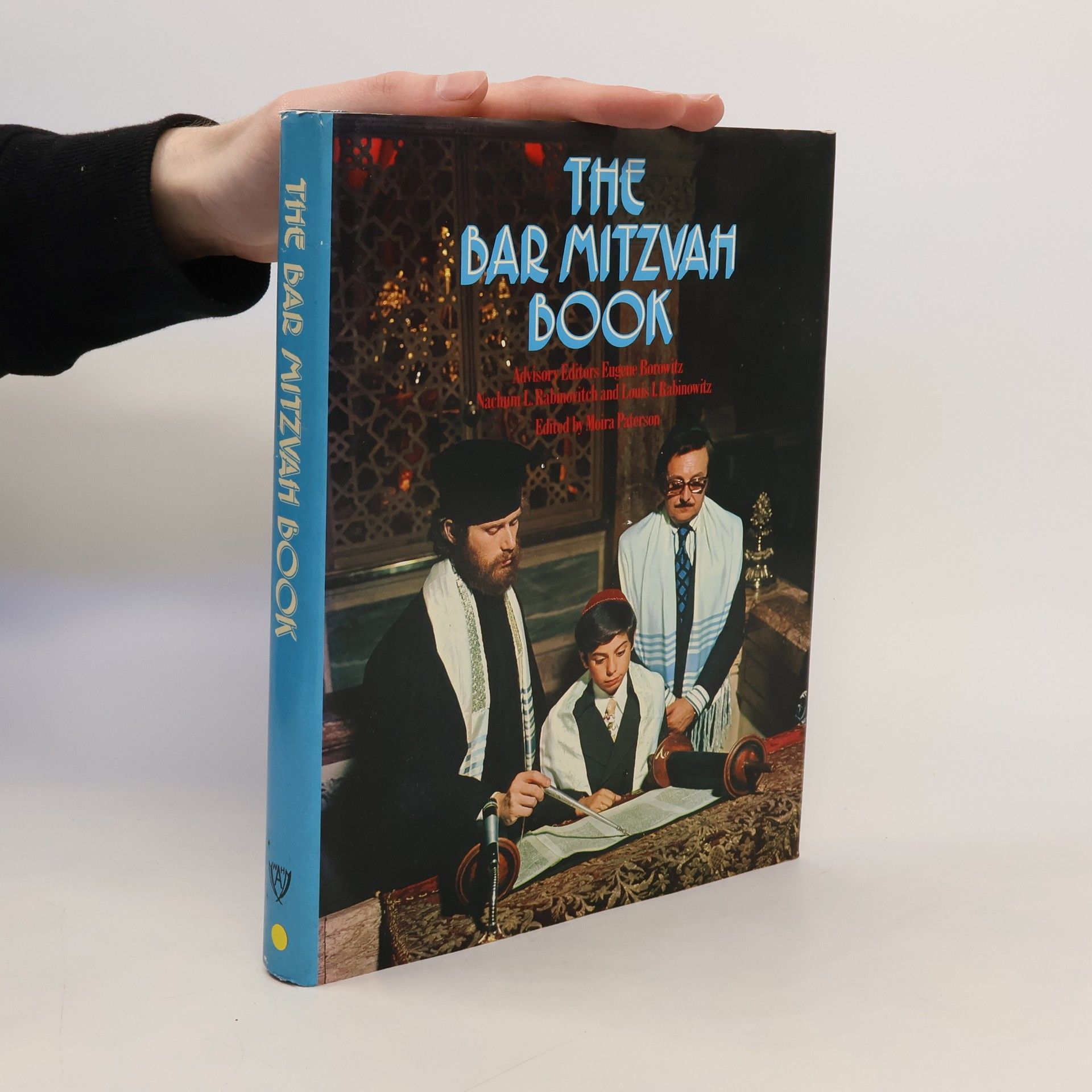The Bar Mitzvah Book
- 224pages
- 8 heures de lecture
The Bar Mitzvah book will provide all the details one needs to know regarding the subject of Bar Mitzvah.
Eugene B. Borowitz est un savant éminent axé sur la pensée religieuse juive et son intersection avec l'éducation. Son œuvre explore les liens profonds entre les traditions intellectuelles juives et les approches pédagogiques, en examinant leur pertinence dans la vie contemporaine. L'écriture de Borowitz se caractérise par une analyse réfléchie et un engagement à éclairer le paysage de la philosophie juive. Les lecteurs trouveront ses contributions intellectuellement stimulantes et inspirantes.


The Bar Mitzvah book will provide all the details one needs to know regarding the subject of Bar Mitzvah.
Informatie over het vieren van joodse feesten, gericht op joodse jongeren.